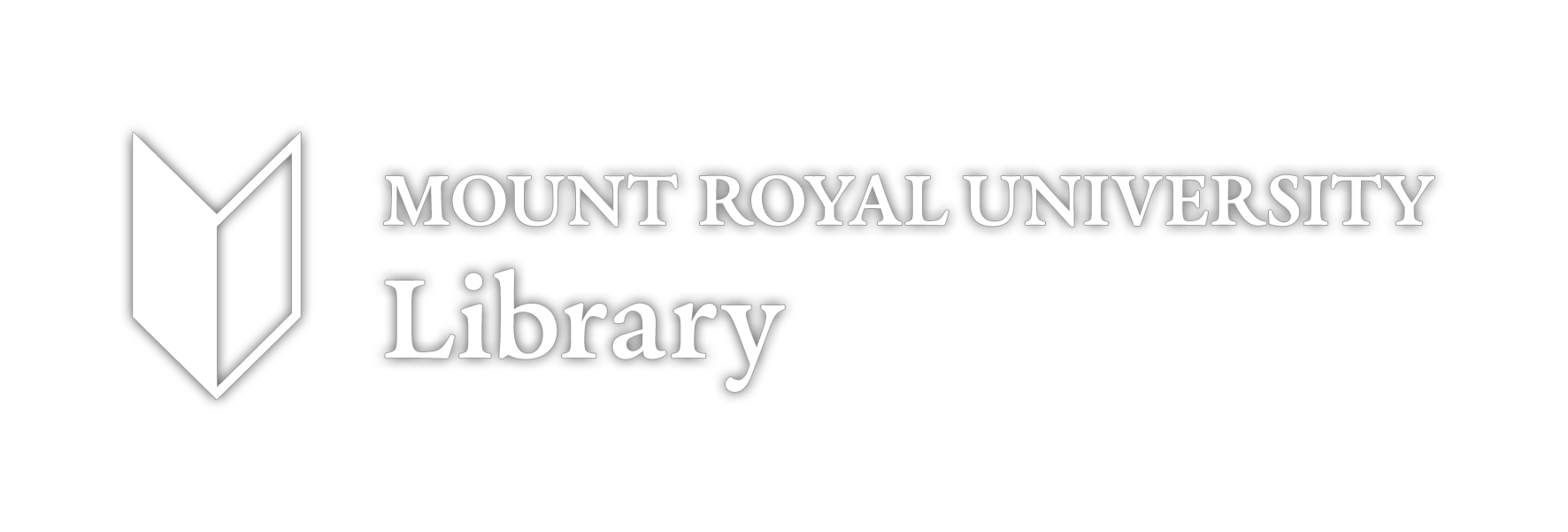File
Systems that evaluate international equivalency in health-related professions: a scoping review with a focus on Canada
Digital Document
| Content type |
Content type
|
|---|---|
| Collection(s) |
Collection(s)
|
| Resource Type |
Resource Type
|
| Genre |
Genre
|
| Peer Review Status |
Peer Review Status
Peer Reviewed
|
| Origin Information |
|
|---|
| Persons |
Author (aut): Lafave, Mark
Author (aut): Amannejad, Yasaman
Author (aut): Mammadova, Ulkar
Author (aut): Eubank, Breda H. F.
|
|---|---|
| Organizations |
Funder (fnd): Library OA fund
|
| Abstract |
Abstract
Health workforce planning has become a significant global problem considering there are estimates of an 18 million healthcare provider shortfall by 2030. There are two mechanisms to address healthcare worker shortages: (1) domestic education of those professions and (2) integration of internationally educated health professionals. Integration of internationally educated health professionals into the Canadian healthcare system requires: (1) reductions in systemic and administrative barriers and (2) development, testing, and implementation of credential equivalency recognition systems. The goal of this scoping review was to identify systems that are employed to determine credential equivalency, with a focus on Canada. The scoping review was carried by employing: (1) a systematic literature search (9) and (2) a website and grey literature Google search of professional governing bodies from a selection of medical/allied healthcare professions, but also other non-medical professions, such as law, engineering and accounting. Seven databases were searched to identify relevant sources: MEDLINE, CINAHL Plus with Full Text, PsycINFO, SPORT Discus, Academic Search Complete, Business Source Complete, and SCOPUS. The search strategy combined keyword, text terms, and medical subject headings (MeSH) and was carried out with the help of a health sciences librarian. Seven articles were included in the final manuscript review from the following professions: nursing; psychology; engineering; pharmacy; and multiple health professions. Twenty-four health-related professional governing body websites were hand searched to determine systems to evaluate international equivalency. There were many systems employed to determine equivalency, but there were no systems that were automated or that employed machine-learning or artificial intelligence to guide the evaluation process. |
|---|---|
| Language |
Language
|
| Publication Title |
Publication Title
|
|---|---|
| Publication Number |
Publication Number
Volume 21, Issue 79
|
| Physical Description Note |
Physical Description Note
PUBLISHED
|
|---|
| DOI |
DOI
doi.org/10.1186/s12960-023-00864-y
|
|---|
| Use and Reproduction |
Use and Reproduction
publisher
|
|---|---|
| Use License |
Use License
|
| Keywords |
Keywords
competence
professional
health workforce
immigration
equivalency
|
|---|---|
| Subject Topic |
